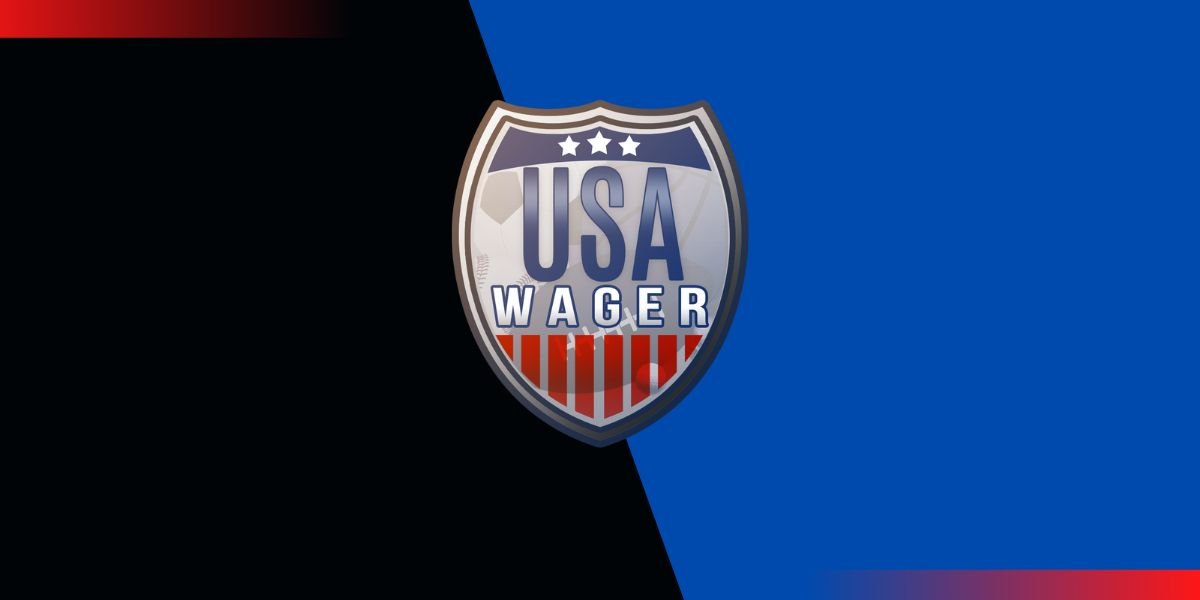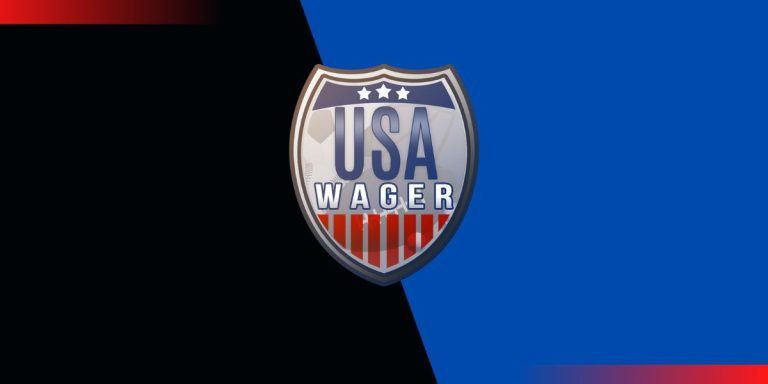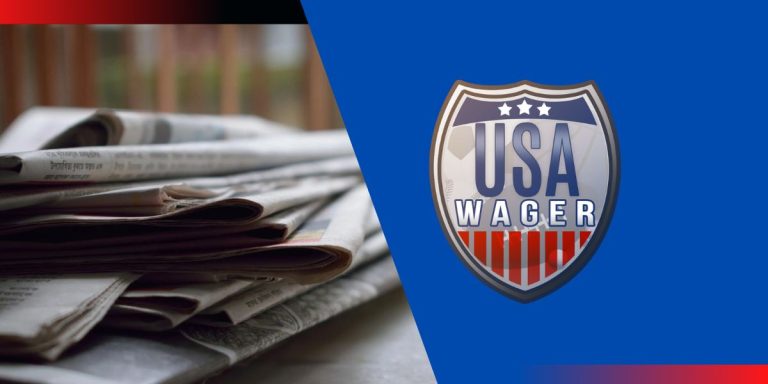Massachusetts Sports Betting Legalization: What’s the Hold-Up?
Senators and representatives are beginning their negotiations on sports betting in Massachusetts later this week. Officials will begin working on their compromise over a virtual meeting at 2 p.m. on Thursday. Many are hoping that the two groups will be able to compromise before the end of the legislative session on July 31.
Three members from the House of Representatives make up half of the conference committee. These members include Rep. David Muradian, Rep. Jerald Parisella, and Rep. Aaron Michlewitz. From the Senate, members Sen. Eric P. Lesser, Sen. Michael Rodrigues, and Sen. Patrick O’Connor make up the other half of the committee.
Many are worried that disagreements between the representatives will slow down progress in creating the new bill. Both the Senate and the House of Representatives have passed their own bills regarding sports betting already. However, there are many differences in these bills that may make negotiation difficult.
Stubborn State Senate
The Senate approved an online sports betting tax rate of 30% and a retail sports betting tax rate of 20% and denies betting using credit cards, although debit cards and digital payments are fine. The House approved an online tax rate of 15% and a retail tax rate of 12.5%, which are much lower rates.
The House also would allow betting using credit cards under its bill, and advocates for more relaxed advertising and marketing guidelines than the Senate does.
Another large difference between the two bills is the issue of collegiate sports betting. Under the Senate-approved bill, betting on college sports would be illegal. The House would allow college sports betting under its own bill. Both sides have stated that this issue may be a dealbreaker.
The reason behind the Senate’s stress
The main reason for the stricter rules under the Senate bill is to assist consumers with problem gaming. The Senate doesn’t want intense advertisements and marketing strategies to promote a large amount of gambling, as this could lead to increased gambling addictions within the state.
In terms of the number of licenses handed out by each bill, the numbers also differ greatly. The House wants to give each state casino one sports betting license and would also offer up three online betting licenses. Under the Senate bill, each state casino would also receive a sports betting license, but six online betting licenses would be given out.
Governor Baker wants in
Massachusetts’ Governor Charlie Baker has often spoken up in support of a swift legalization process to begin sports betting throughout the state. Last week, he stated:
“…Without a legal way to do this, it’s a little bit like the marijuana issue. You just leave the black market there, and you don’t sort of bring it out of the shadows and make it part of the regular crime. I think we should do that.”
Once the law is passed to legalize betting, it will still take a while to get the industry in motion. It can be assumed that Governor Baker will sign off on the but quickly, but once he has, regulations will need to be put in place. This would be the job of the Massachusetts Gaming Commission, which has already released preliminary reports on statewide betting.



